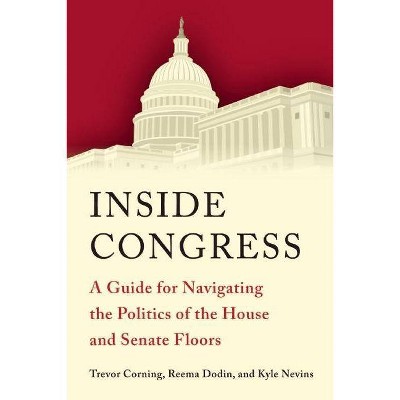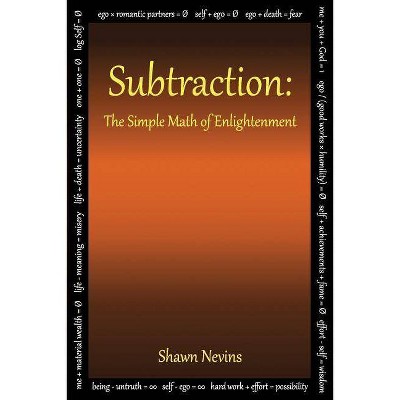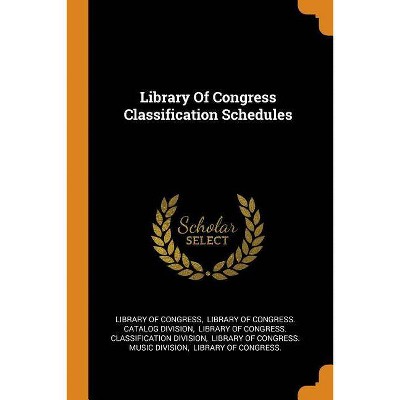Inside Congress - by Trevor Corning & Reema Dodin & Kyle W Nevins (Paperback)

Similar Products
Products of same category from the store
AllProduct info
<p/><br></br><p><b> About the Book </b></p></br></br>"Required reading for anyone who wants to understand how to work within Congress. The House and Senate have unique rules and procedures to determine how legislation moves from a policy idea to law. Evolved over the last 200 years, the rules of both chambers are designed to act as the engine for that process. Each legislative body has its own leadership positions to oversee this legislative process. To the novice, whether a newly elected representative, a lawmaker's staff on her first day at work, or a constituent visiting Washington, the entire process can seem incomprehensible. What is an open rule for a House Appropriations bill and how does it affect consideration? Why are unanimous consent agreements needed in the Senate? The authors of Inside Congress, all congressional veterans, have written the definitive guide to how Congress really works. It is the accessible and necessary resource to understanding and interpreting procedural tools, arcane precedents, and the role of party politics in the making of legislation in Congress"--<p/><br></br><p><b> Book Synopsis </b></p></br></br><p><b>Required reading for anyone who wants to understand how to work within Congress.</b></p><p>The House and Senate have unique rules and procedures to determine how legislation moves from a policy idea to law. Evolved over the last 200 years, the rules of both chambers are designed to act as the engine for that process. Each legislative body has its own leadership positions to oversee this legislative process.</p><p>To the novice, whether a newly elected representative, a lawmaker's staff on her first day at work, or a constituent visiting Washington, the entire process can seem incomprehensible. What is an open rule for a House Appropriations bill and how does it affect consideration? Why are unanimous consent agreements needed in the Senate?</p><p>The authors of <i>Inside Congress</i>, all congressional veterans, have written the definitive guide to how Congress really works. It is the accessible and necessary resource to understanding and interpreting procedural tools, arcane precedents, and the role of party politics in the making of legislation in Congress.</p><p/><br></br><p><b> Review Quotes </b></p></br></br><br><p>"Corning, Dodin, and Nevins provide a "pocket guide" for anyone interested in learning about the legislative process. It is particularly useful for undergraduate students and "political junkies" who care to understand how rules and maneuvers are used to fashion legislation. Highly recommended."--<i>CHOICE</i></p><br><p/><br></br><p><b> About the Author </b></p></br></br><p><b>Trevor Corning</b> is a client services and communications professional who worked in various roles at several organizations, including Brookings. His experience is with clients of all sizes and industries to craft brands, create communications strategies, develop advertising campaigns, understand government process, engage with Capitol Hill, build websites, and manage integrated marketing efforts.</p><p><b>Reema Dodin</b> serves as floor director to the Senate Democratic Whip, where she advises on floor strategy and serves as the lead staffer on whip operations for the Senate Democractic causcus.</p><p><b>Kyle Nevins</b> is cofounder and partner of Harbinger Strategies, a government relations firm based in Washington, D.C., and has more than a decade of experience in the House Republican leadership.</p>
Price History
Price Archive shows prices from various stores, lets you see history and find the cheapest. There is no actual sale on the website. For all support, inquiry and suggestion messages communication@pricearchive.us




















